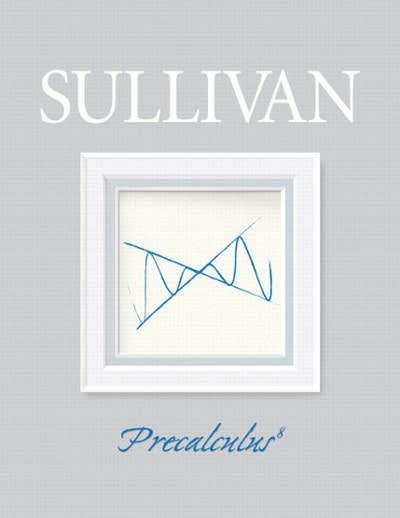Answered step by step
Verified Expert Solution
Question
1 Approved Answer
a. Suppose y = f(x) = e-. Calculate f' (x) by the chain rule, and f (x) by the product rule and the chain rule.


Step by Step Solution
There are 3 Steps involved in it
Step: 1

Get Instant Access to Expert-Tailored Solutions
See step-by-step solutions with expert insights and AI powered tools for academic success
Step: 2

Step: 3

Ace Your Homework with AI
Get the answers you need in no time with our AI-driven, step-by-step assistance
Get Started


